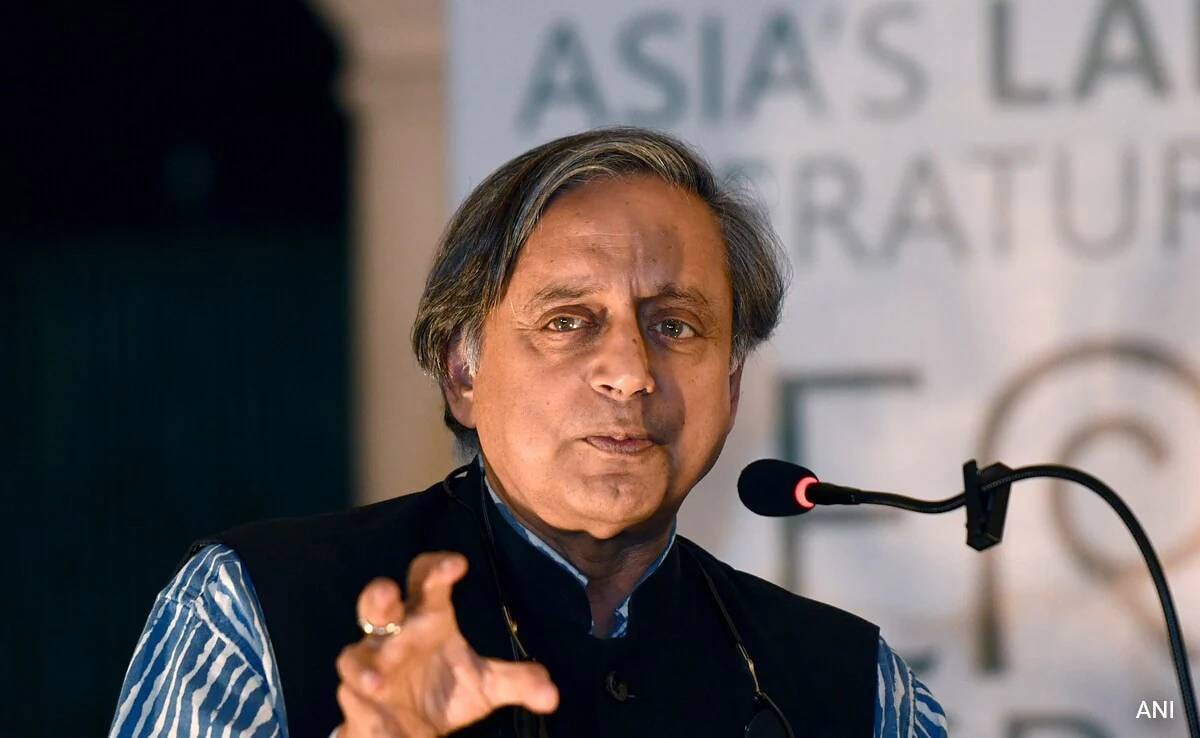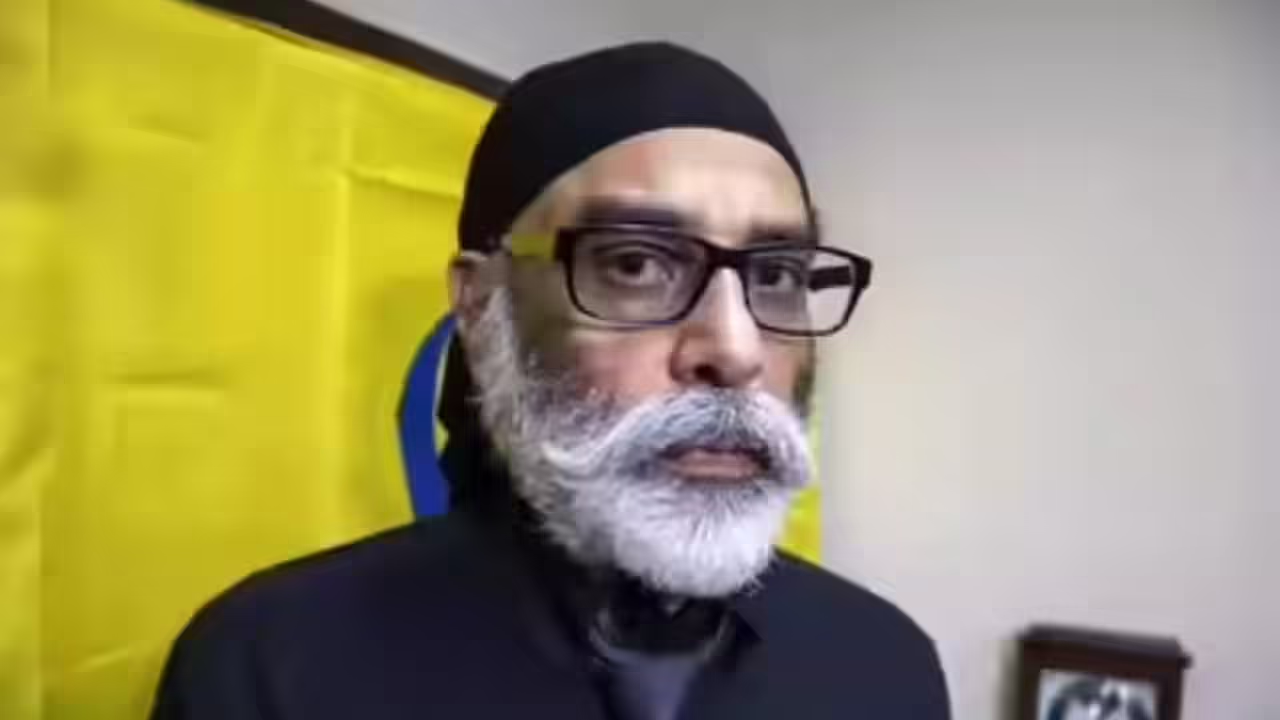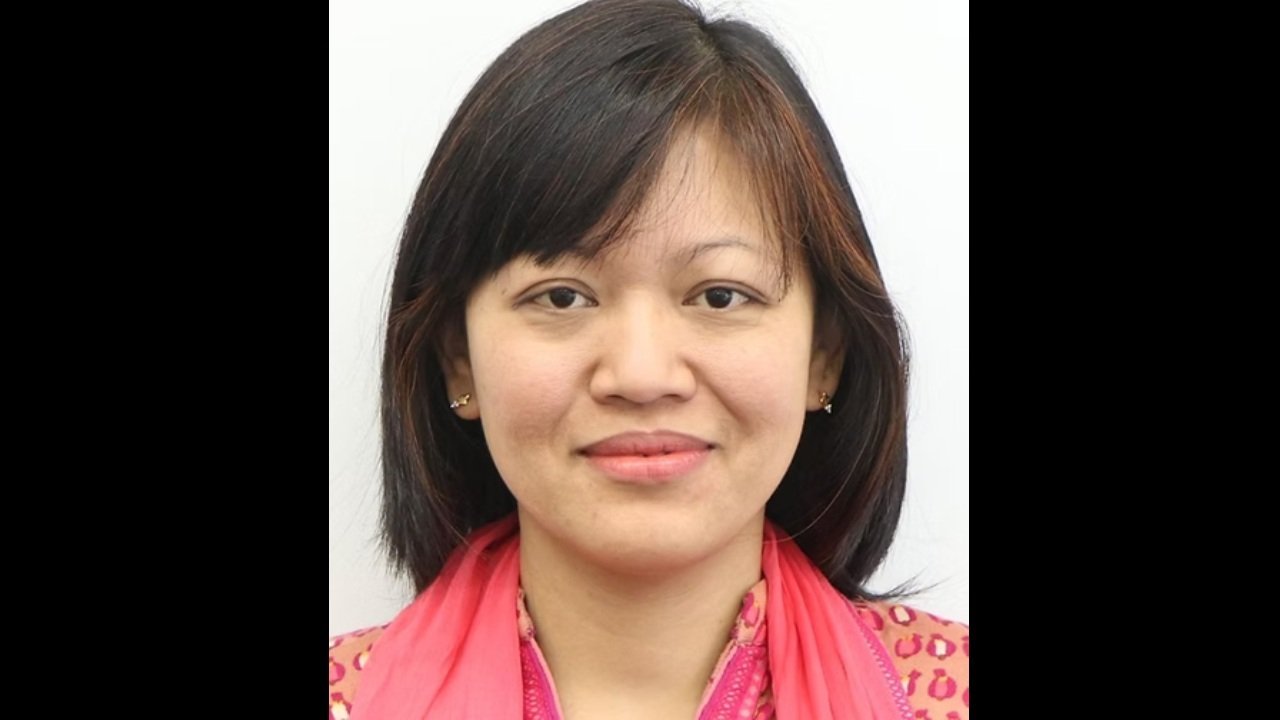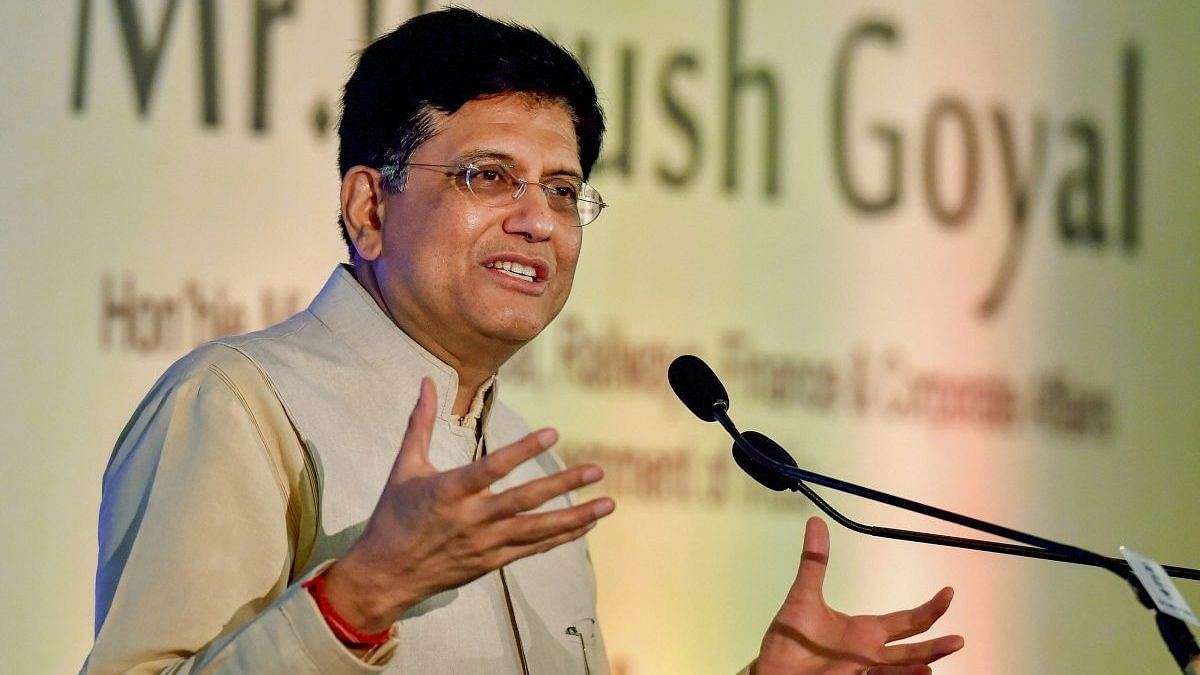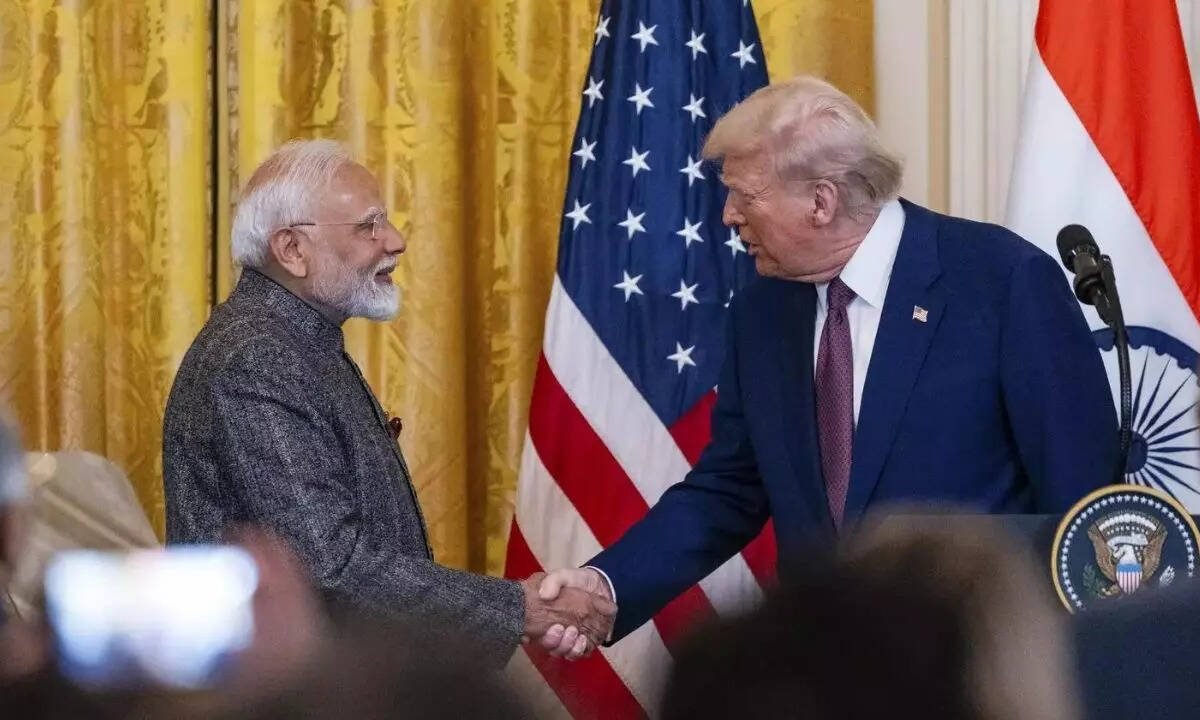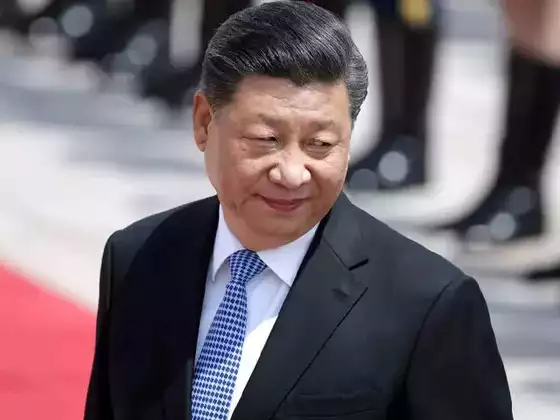Indian Americans have long advanced US–India ties, but expecting them to act as New Delhi’s agents ignores their rights, realities, and American identity
India undeniably deserves a stronger, more credible voice on the world stage. Yet expecting Indian Americans—already navigating growing mistrust and partisan attacks—to shoulder that responsibility and pay the price for it is neither fair nor strategic, reported theprint.in.
The Indian diaspora in the US has worked tirelessly to promote understanding and cooperation, but their loyalty and identity are rooted in America, not as political surrogates for India.
Shashi Tharoor’s recent remarks about the diaspora rest on the testimony of a single US lawmaker, painting an incomplete picture of a community that has, for decades, advocated for deeper US–India ties. From defending India’s democratic record to pushing back against anti-India narratives, Indian Americans have done so within US law and through civic, academic, and policy channels—not as extensions of any Indian government.
- Across advocacy, academia, and trade, the community has contributed meaningfully to the relationship between the world’s largest and oldest democracies
- Their efforts helped enable milestones like the US–India Civil Nuclear Deal, the blocking of anti-India sanctions, and recognition of Pakistan’s terror sponsorship
- Yet this work is always conducted independently—without formal coordination with New Delhi and without compromising allegiance to the United States
What Tharoor overlooks is the dual reality: while many Indian Americans defend India’s image abroad, others face hostility, disinformation, and unfair accusations of being foreign agents.
Diasporic entities funded by ideological foundations and activist networks—often aligned with anti-India agendas—have been spreading misinformation that undermines both India and Indian Americans. This coordinated activism, amplified by sections of Western media and academia, has fueled mistrust toward Indian-origin citizens in the US.
Meanwhile, other nations like Pakistan and China invest heavily in lobbying Washington—Pakistan reportedly spending $7 million a year and China hundreds of millions more—while India’s outreach remains modest at around $275,000 per month. This imbalance allows adversarial narratives to dominate US discourse about India.
The problem is compounded by laws like California’s proposed SB509, which, under the guise of countering “transnational repression,” could lead to profiling of Indian and Hindu Americans as “foreign proxies.” Such measures, along with inflammatory rhetoric, erode the very trust the diaspora has spent generations building.
Shashi Tharoor’s generalizations not only misrepresent this complex reality but also risk validating those who question the patriotism of Indian Americans. The diaspora’s bond with India is deep—cultural, familial, and spiritual—but its civic duty lies in the United States.
Indian Americans are bridge-builders, not proxies. They embody both nations’ best ideals—democracy, pluralism, and perseverance—and deserve to be recognized as such.

